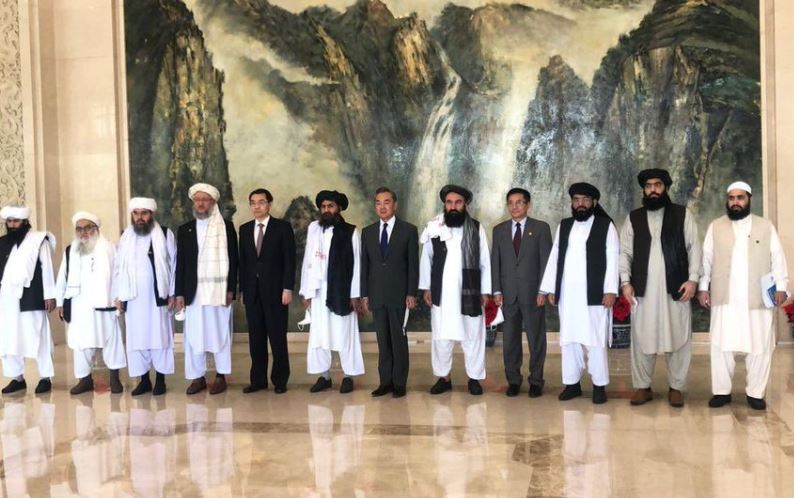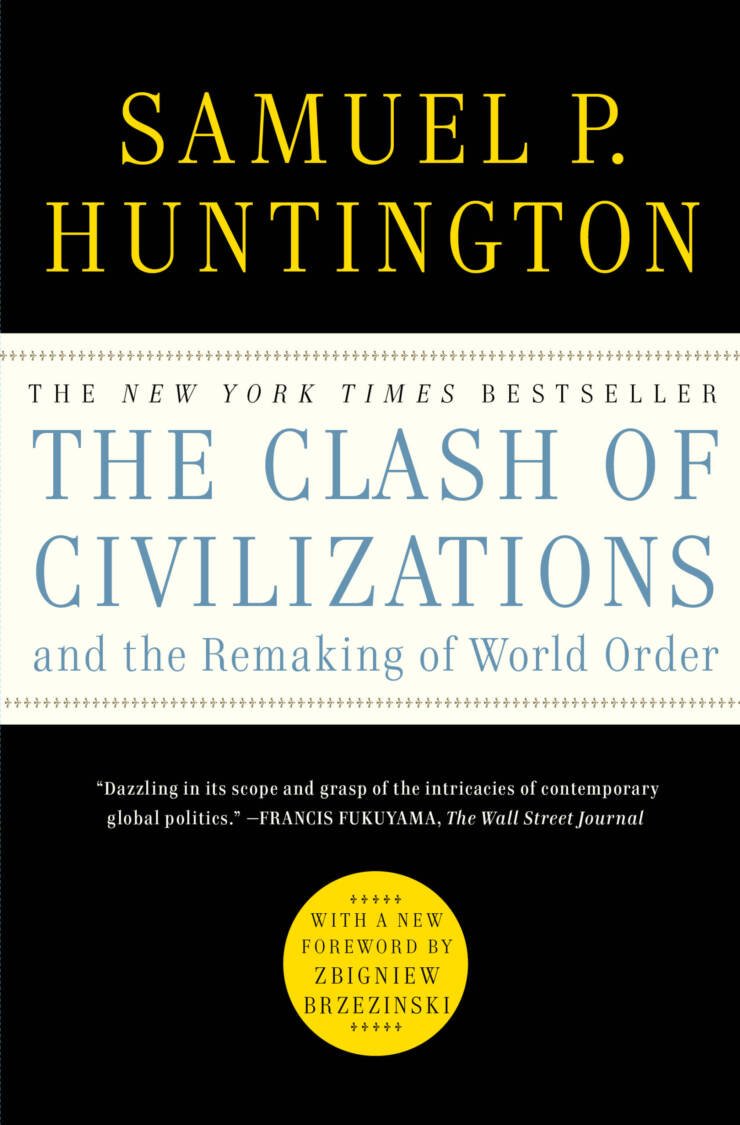
The liberal order is once again in acute crisis, this time the focal point is Afghanistan. While a lot of articles, books and monographs have been written over the years, yet hardly any writer harped on the importance of this issue. The hasty withdrawal of almost all US and ISAF troops from Afghanistan amidst the blitzkrieg pointed to the emergence of a new fault line, this time in the context of a potential civilizational clash. The Taliban victory has not only emboldened the propagators of global jihad but has led to the ebbing of hope in the legitimacy of the liberal global political order.
Decoding the thesis
 The Clash of Civilizations is a thesis which was articulated by the noted political scientist and Harvard University academic Samuel P Huntington. It was initially a speech delivered at a lecture but the amount of controversy and interest that it generated globally prompted the author to write a full-fledged book- ‘The Clash of Civilizations and The Remaking of World Order’ which was published in 1996. It became an instant bestseller. The book argued that political ideologies will not only become defunct but the conflict among and within human societies will be increasingly shaped by culture and religion with culture acquiring the centre stage.
The Clash of Civilizations is a thesis which was articulated by the noted political scientist and Harvard University academic Samuel P Huntington. It was initially a speech delivered at a lecture but the amount of controversy and interest that it generated globally prompted the author to write a full-fledged book- ‘The Clash of Civilizations and The Remaking of World Order’ which was published in 1996. It became an instant bestseller. The book argued that political ideologies will not only become defunct but the conflict among and within human societies will be increasingly shaped by culture and religion with culture acquiring the centre stage.
The thesis further stated that the incompatibility of views and outlook among the western world and the Islamic world would lead to major fault line war. While the theory was largely discredited by a body of liberal scholars yet it was proved right first in the case of the Yugoslavian civil war and particularly in the context of the 9/11 terror attacks on US soil. It not only marks the high water mark of realism but also highlighted the fact that culture particularly in the age of globalization is increasingly acquiring global significance in shaping societal ties around the world.
The Taliban-China tango
Samuel Huntington noted that future clashes are likely to be caused because of oriental arrogance, Sinic assertiveness and Islamic resurgence. There would be a likely alliance of China and the Islamic world to counter the Western supremacy. Such a prophecy is proving to be a reality in the context of the Afghan crisis. While the countries of the West were busy in pulling out their troops and deciding on their next course of action, Taliban was already hosted by the Chinese regime in a meeting headed by the foreign minister of China Wang Yi. Following the collapse of Kabul to the Taliban, China was quick to welcome a change of guard which was seen by Beijing as being blatantly pro-west.
China emphasized on the need to cultivate positive and friendly ties with the new political regime and make economic investments in the country. Therefore the Taliban- China tango points to a new alliance in the making which is going to contest the liberal world for a new political narrative in the context of a new global political order.
Implications of the clash
The development of this new alliance will have profound security implications not just for India but globally. As far as India is concerned, it will embolden the military-terrorist nexus in Pakistan to renew the jihad on a scale that was witnessed in the 1990s in the Kashmir valley and elsewhere in the country. It will be in Pakistan’s interest to keep the Kashmir pot boiling to try and undermine the peace in the valley. When it comes to China, the new alliance with the Taliban will result in a new Sino-Islamic partnership in destabilizing India on the LAC (Line of Actual Control) and the areas bordering Pakistan.
On a global scale, it will embolden the global jihad which is likely to acquire a virulent anti- Israel and anti US outlook keeping in mind the Palestinian struggle and the need to overthrow the Westphalian order. It will embolden the terror groups across the world to link up and coordinate their operations on a pan continental scale to establish new regimes. Syria, Iraq, Mali and Nigeria look the most likely countries to bear the brunt of these newly encouraged terrorists.
Conclusion
Needless to say, the Taliban victory signals trouble for the like minded nations of the world. It is imperative that global institutions like the FATF are strengthened to scrutinize the actions of the Taliban 2.0. And countries individually, particularly in South Asia except Pakistan need to beef up their security apparatuses to combat any Islamist menace.
– The writer is currently working as a Trainee Research Associate at Defence Research and Studies (dras.in) and is a columnist. The views expressed are personal and do not necessarily reflect the views of Raksha Anirveda








